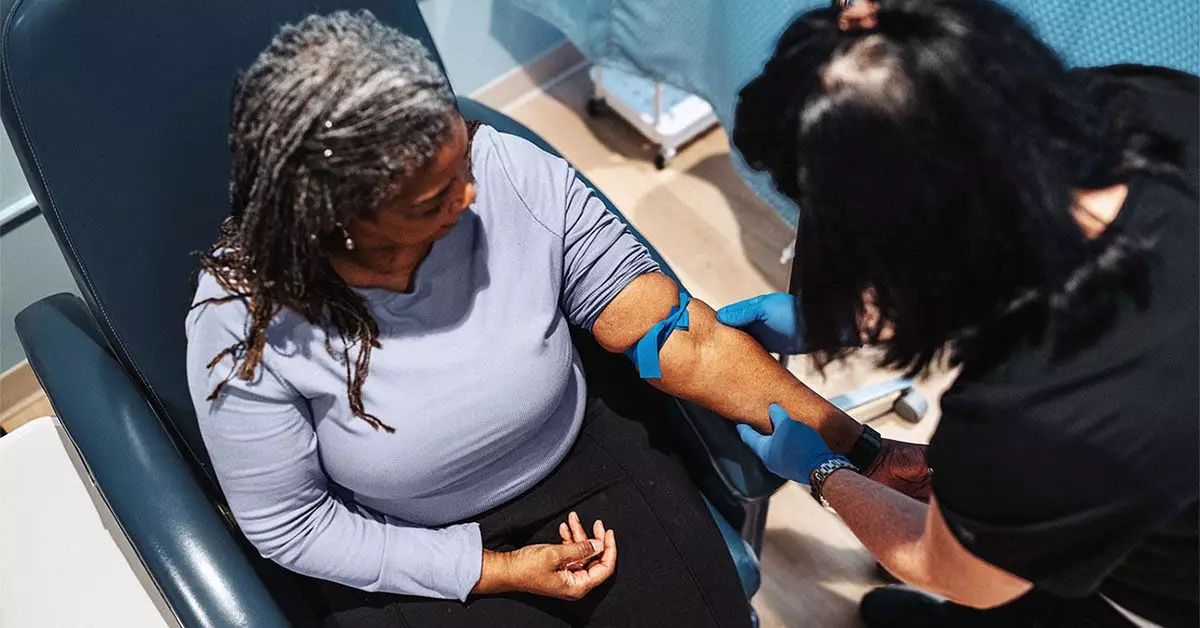Chimeric antigen receptor T-cell (CAR T-cell) therapy is breaking new ground in the field of cancer treatment, particularly for patients battling multiple myeloma (MM). This form of immunotherapy mobilizes the body’s own immune system to identify and obliterate malignant cells. The FDA has sanctioned two CAR T-cell therapies, Idecabtagene vicleucel (commonly known as ide-cel or Abecma) and Ciltacabtagene autoleucel (cilta-cel or Carvykti), both of which target B-cell maturation antigen (BCMA), a protein prominently expressed on myeloma cells. This innovation is emblematic of a larger trend in cancer treatment—leveraging the immune system as a sophisticated weapon against disease.
Challenges and Setbacks
Despite the promising outcomes linked to CAR T-cell therapy, these treatments are not a panacea. A significant proportion of patients—often over 50%—experience treatment failure within the first six months. The abrupt shift from hope to despair can be emotionally taxing for patients and families alike. Unfortunately, modern healthcare still lacks a cohesive standard of care for those who do not achieve the expected results from CAR T-cell therapy. This can lead to uncertainty, causing anxiety over the best next steps. While the medical team may suggest a subsequent round of CAR T-cell therapy, alternative approaches such as chemotherapy using lenalidomide, targeted therapies, and immunotherapy employing bispecific antibodies offer potential lifelines.
Support Systems in the Wake of Setbacks
The experience of treatment failure can be overwhelming, necessitating robust support systems for emotional and psychological resilience. Engaging with loved ones, connecting with support groups, or consulting mental health professionals can be instrumental for patients navigating this tumultuous journey. Mental health practitioners possess the tools to help individuals untangle the emotional complexities engendered by chronic illness. They facilitate coping strategies that are essential for patients who find themselves reevaluating their treatment paths.
The Importance of Personalized Care
Because the efficacy of CAR T-cell therapy may vary considerably among individuals, it’s crucial that patients engage in collaborative dialogues with their healthcare teams. Personalization of treatment plans, considering the unique circumstances and health profiles of each patient, is vital in optimizing outcomes. Oncologists and healthcare professionals must take a comprehensive approach, integrating insights on prior treatments, side effects experienced, and psychological well-being into the formulation of an adapted treatment strategy.
Looking Toward the Future
As research advances and our understanding of CAR T-cell therapy deepens, the landscape of treatment options is likely to evolve significantly. With the rapid pace of scientific discovery, new data may emerge that refine existing protocols or enhance patient responses. The dual power of innovation and community support can transform the harrowing narrative surrounding multiple myeloma, tempering the weight of adverse outcomes with the promise of ongoing exploration and discovery in the realm of cancer therapy.

